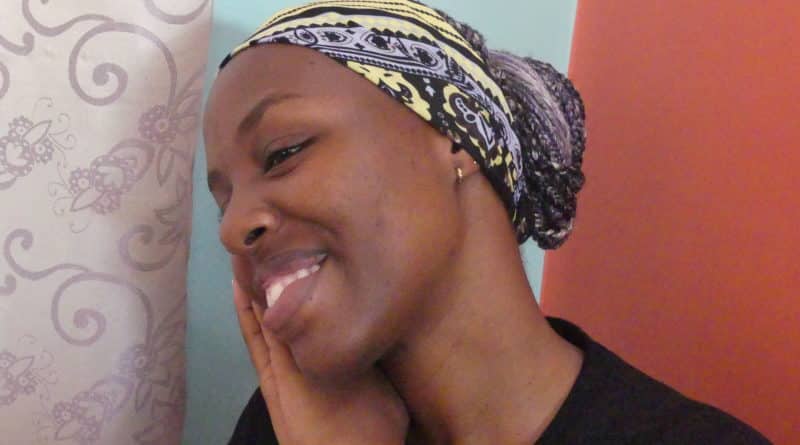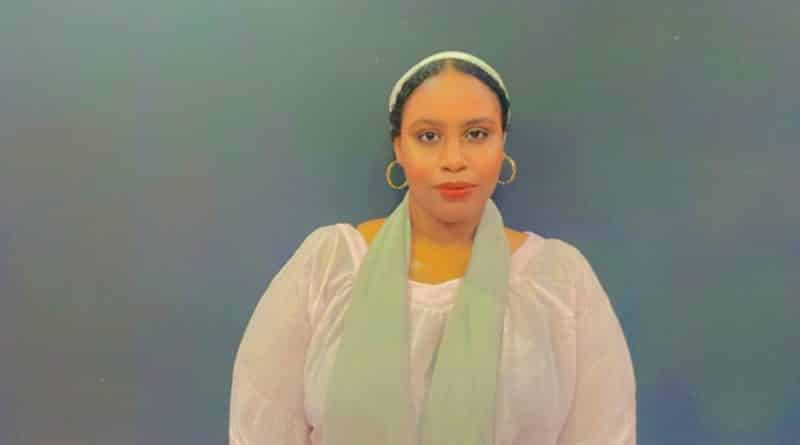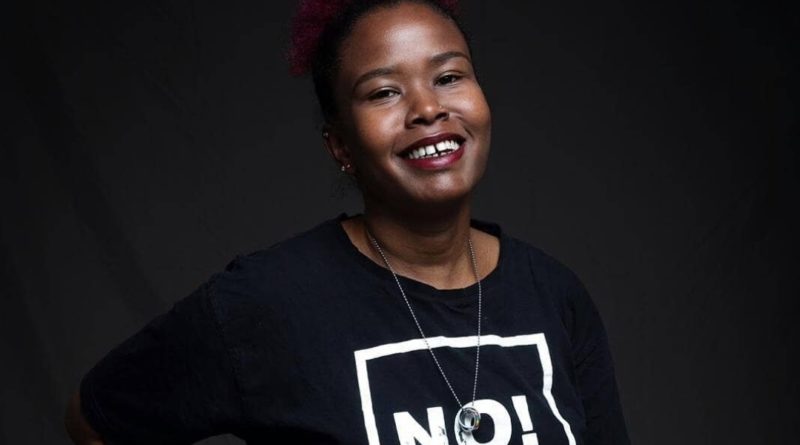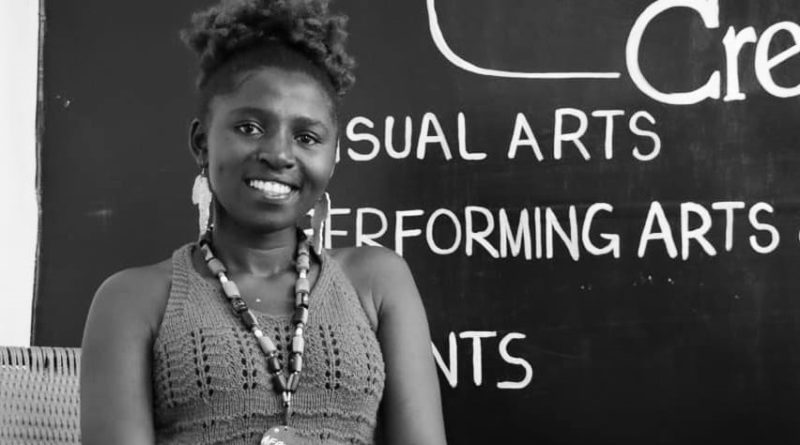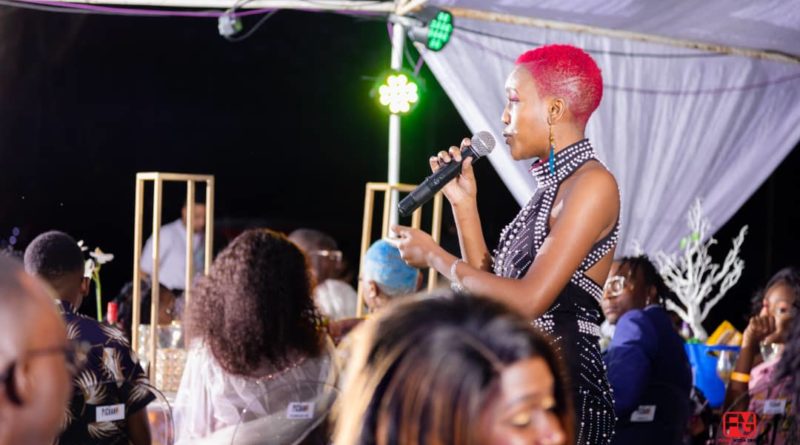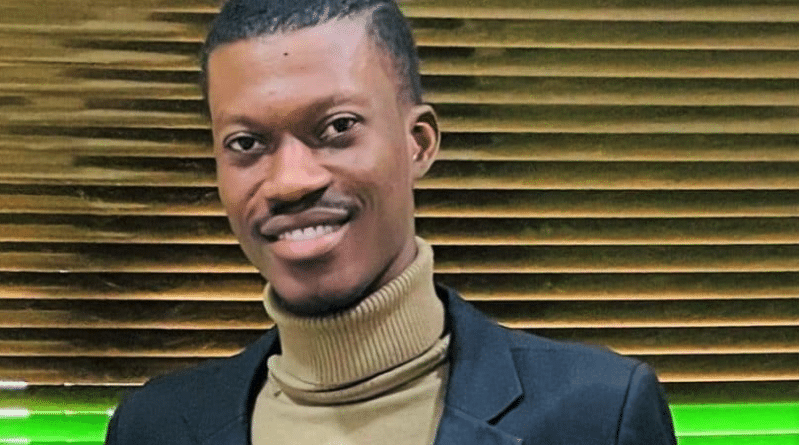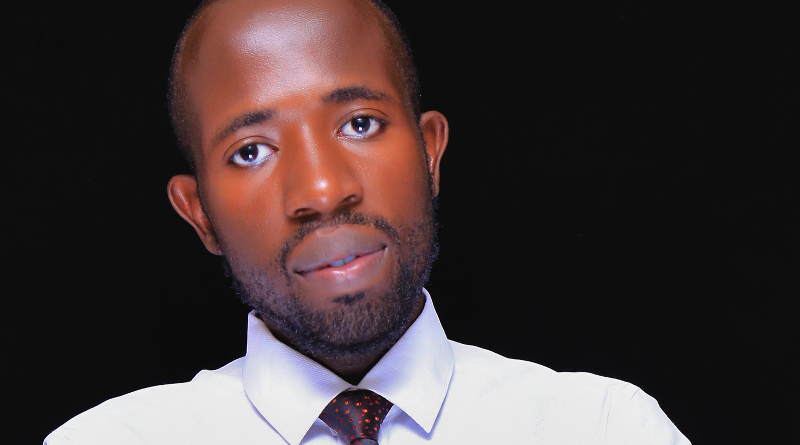“Dispatch from Ward C”, those wounded words in a hospital room
This poem by Sarah Lubala is a voice. It’s a voice that speaks to us as it reads a dispatch from a psychiatric ward. In a dreamy, surreal atmosphere, we see fleeting images as if browsing pictures taken in a hospital: a dead bird on the back stairs, the noisy corridors, a roommate with a razor blade… And these images get mixed with distant memories that suddenly and uncontrollably emerge and take over, making room for personal and intergenerational trauma. In the meantime stonewashed linen is “summering at the window” as a sign of hope, that life “out there” is possible – through acceptance and healing.
Leggi di più

